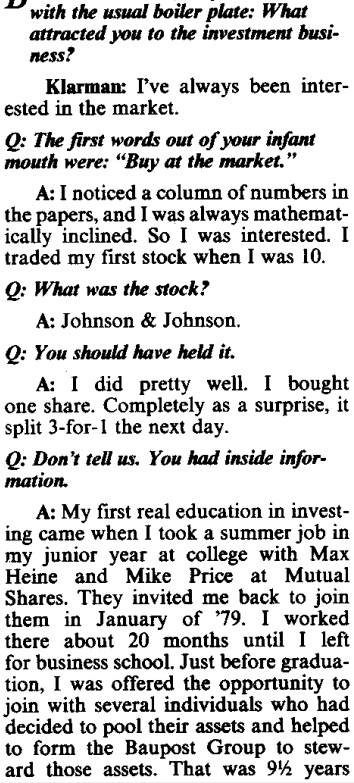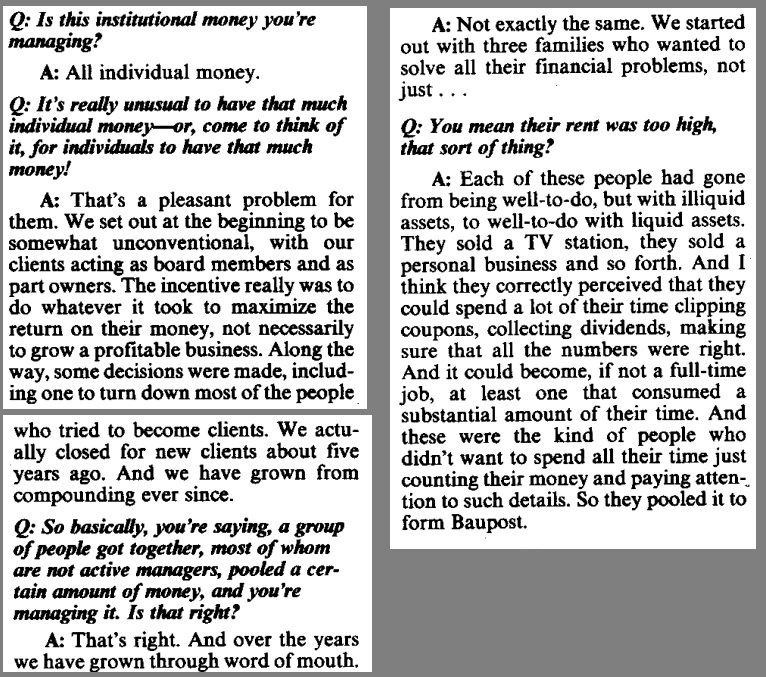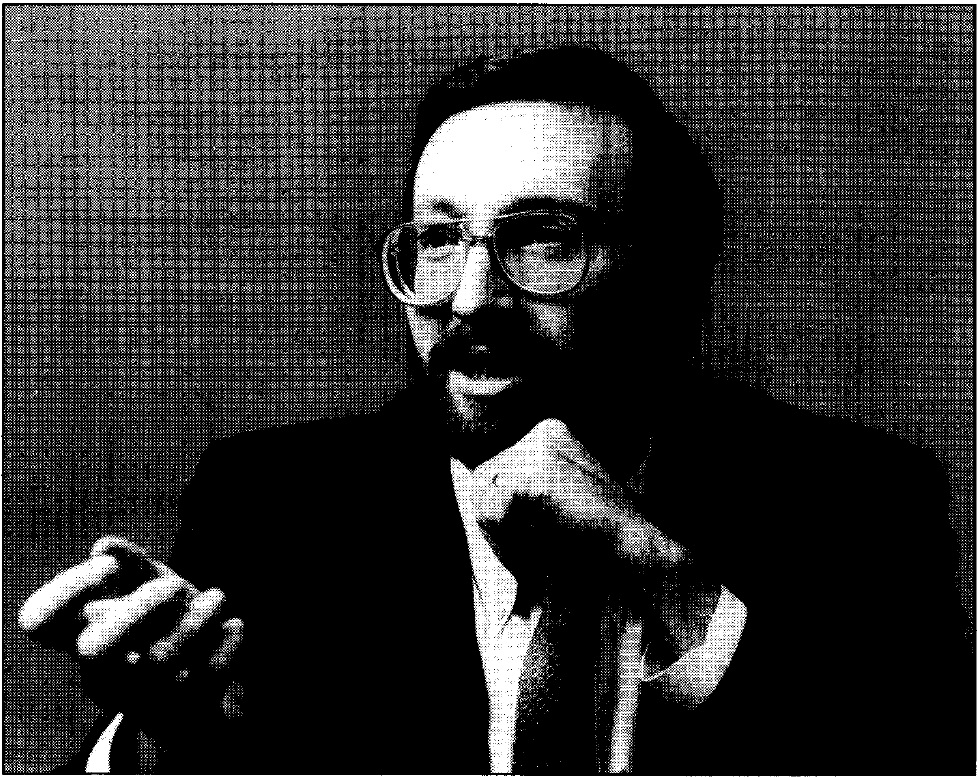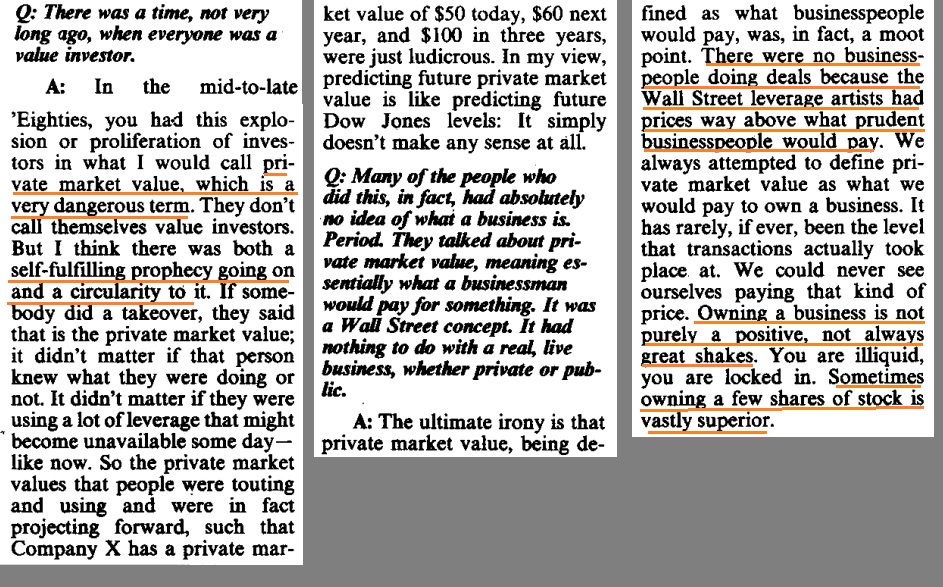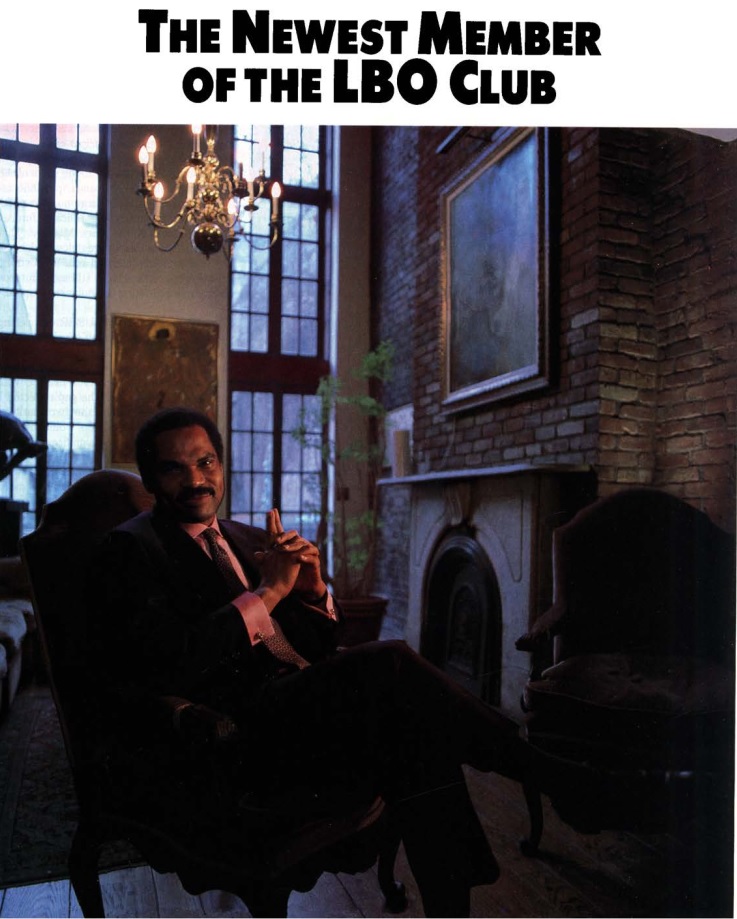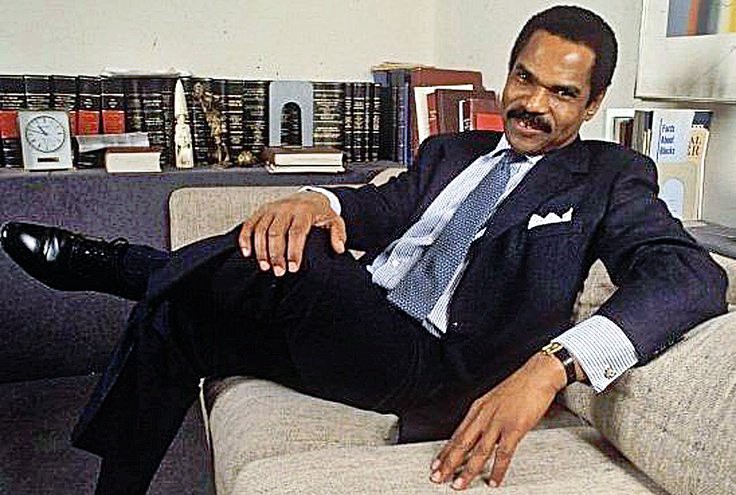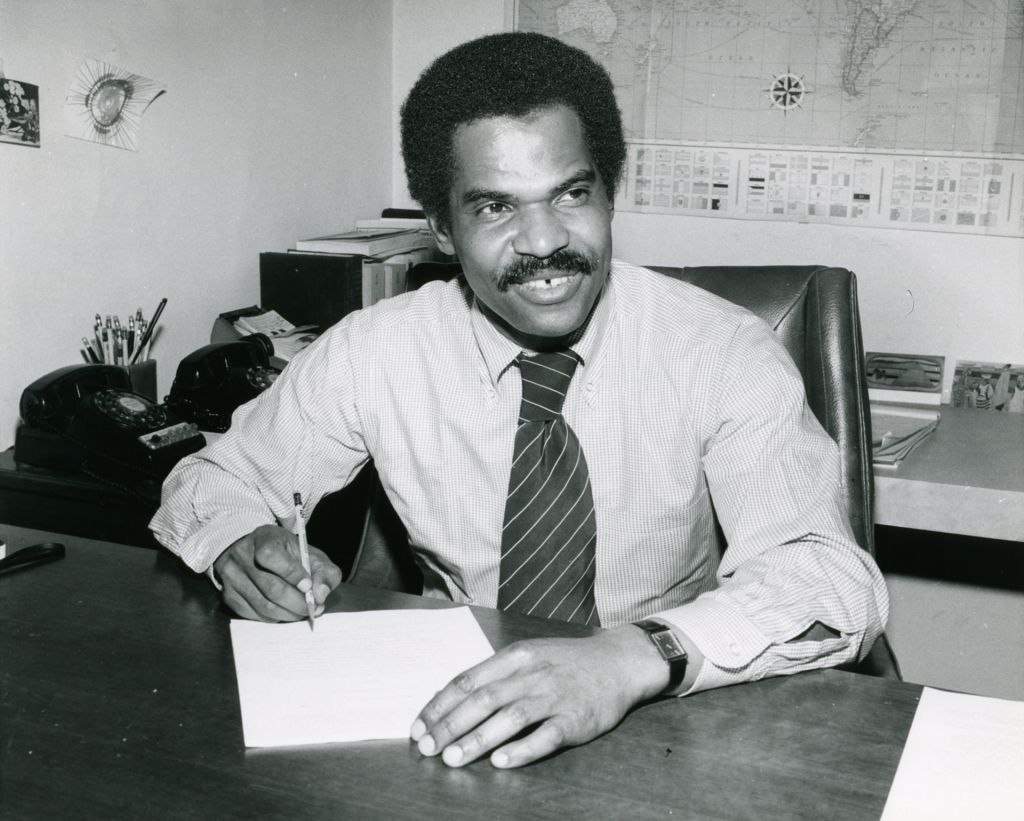
No matter where you stand on $SNOW stock, this conversation by @SeanDeLaney23 with Frank Slootman is very compelling. Focused on his leadership style, creating a performance culture, time at Data Domain
A few notes:
whatgotyouthere.com/portfolio/223-…
A few notes:
whatgotyouthere.com/portfolio/223-…
[Min.5] As an immigrant "my credentials were hard to pronounce."
"My initial strategy was to take on challenges that nobody would touch with a ten foot pole."
“While I didn’t enjoy working on these crummy businesses it was incredibly informative.”
"My initial strategy was to take on challenges that nobody would touch with a ten foot pole."
“While I didn’t enjoy working on these crummy businesses it was incredibly informative.”
[6.40] Business and career as card games:
“It’s a combination of the cards you’re dealt, which is a function of luck, and how well you play those cards which is a function of skill. And it’s the same with companies”
Once you have options: "Be careful what elevator you step into."
“It’s a combination of the cards you’re dealt, which is a function of luck, and how well you play those cards which is a function of skill. And it’s the same with companies”
Once you have options: "Be careful what elevator you step into."
[9.40/12] Returning after burnout. Staying sharp requires "being in the arena," being tested.
[13] Analogous experience to professional sailing: find talent, face intense competition and the elements. CEOs benefit from being lateral thinkers.
[13] Analogous experience to professional sailing: find talent, face intense competition and the elements. CEOs benefit from being lateral thinkers.
[27] Being a "situational CEO" lectures from VCs:
"forget playbooks. With playbooks you're a prisoner of your own experience."
"Doctors spend 95% of time on diagnosis. In business
we rush to conclusions."
"Look at all potential explanations" and "maintain intellectual honesty."
"forget playbooks. With playbooks you're a prisoner of your own experience."
"Doctors spend 95% of time on diagnosis. In business
we rush to conclusions."
"Look at all potential explanations" and "maintain intellectual honesty."
Performance culture:
[19] "While we're sitting here, the competition is out there plotting to kill us."
[33] "Human beings naturally gravitate to a glacial pace, they lack urgency."
“When you pick up the pace, all of a sudden it feels like the place is getting engulfed in energy”
[19] "While we're sitting here, the competition is out there plotting to kill us."
[33] "Human beings naturally gravitate to a glacial pace, they lack urgency."
“When you pick up the pace, all of a sudden it feels like the place is getting engulfed in energy”
[40] Mental model: "I've been handed potential. I have a set of cards. I have to play this to the absolute maximum outcome. I live in constant fear: are we doing enough? It's a hard way to live because you always feel inadequate."
• • •
Missing some Tweet in this thread? You can try to
force a refresh






